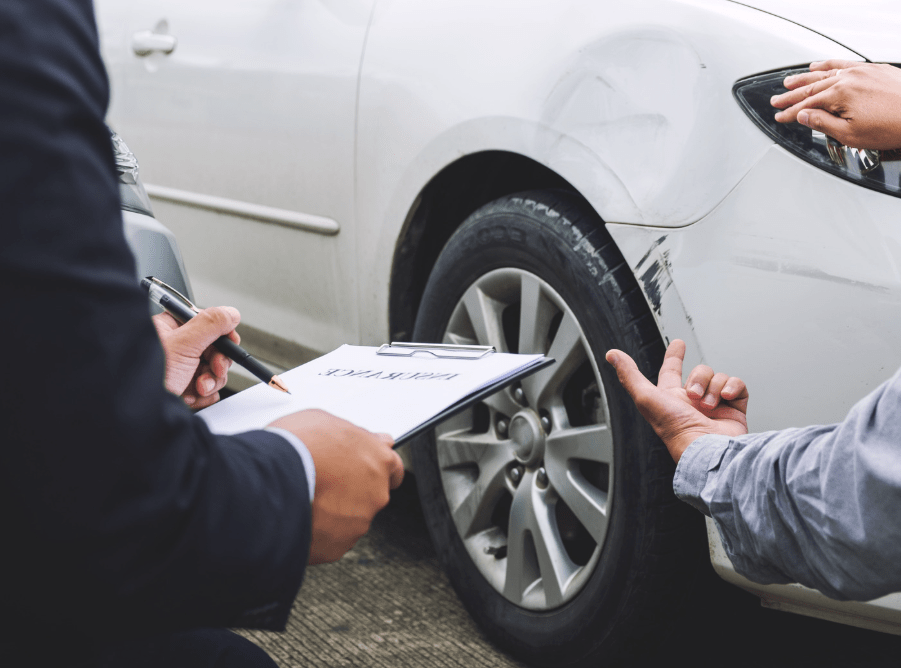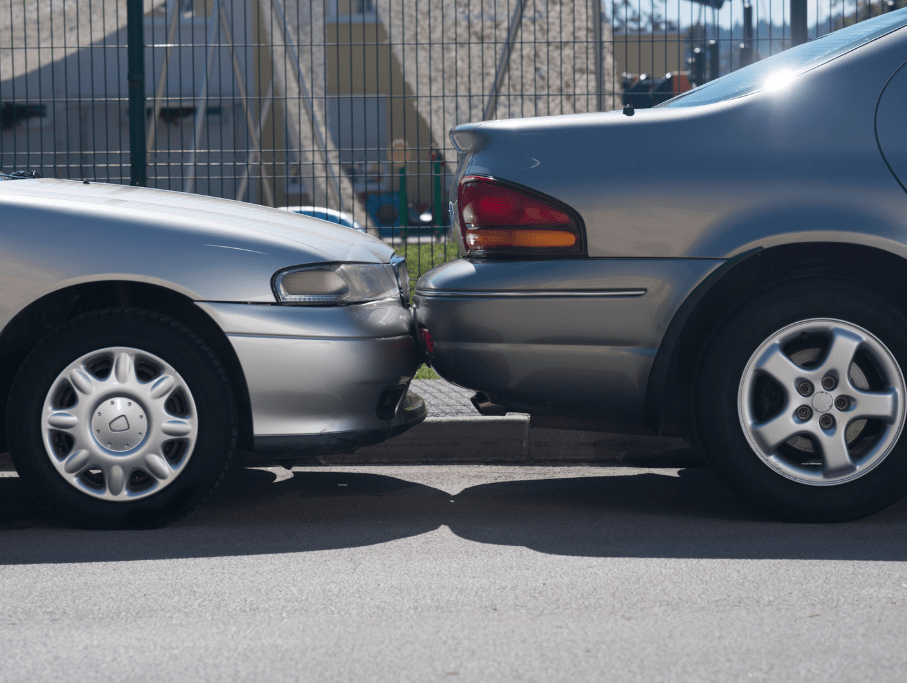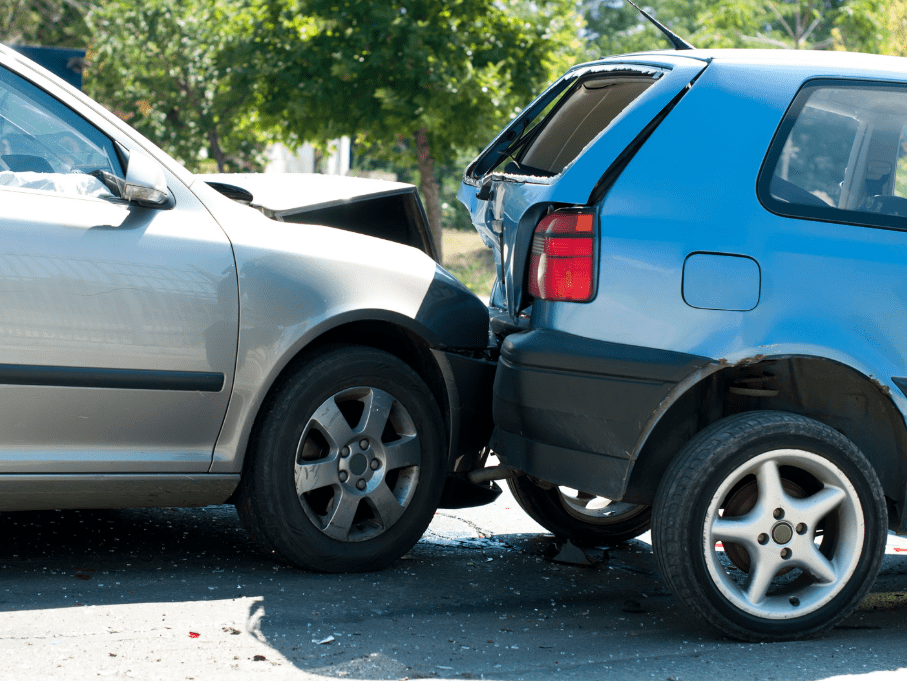Car Insurance Renewal
What is car insurance renewal?
If you drive a car in the UK, you must have car insurance by law. That means when your existing policy comes to an end, you’ll need to replace it. You can do that by either renewing your existing policy or buying a new one.
Does car insurance automatically renew?
A number of insurers will auto-renew your policy so that it continues from one year to the next. If yours does, it should be clearly set out within your car insurance documents.
It’s best not to assume that your insurance will roll over – if in doubt, check your policy or speak to your insurer. The wrong assumption can mean you end up driving without insurance. Not only is that against the law, it can result in a hefty fine, penalty points and in extreme cases you could even lose your licence.
If your policy is set to auto-renew, your insurer should let you know around 4 weeks before your current policy expires.
Can I cancel if my car insurance has been automatically renewed?
Yes, all car insurance policies have a 14-day cooling off period so it’s ok if you weren’t aware of the auto-renewal or if you change your mind.
The cooling off period starts from the day you receive your policy documents. If you cancel within this time, you’ll only pay for the days the policy was active and get a refund for the rest. Depending on the insurer, you might have to pay an admin fee.
You can still cancel after the 14-day cooling off period has ended but the financial cost is likely to be much greater. If you do this, you can expect to pay early exit fees and admin costs.

When is the best time to renew car insurance?
A few weeks before your car cover expires, your insurer will remind you that your policy is due to end. If it’s set to auto-renew, they should also let you know the renewal price and what you paid last time so you can compare.
This ‘exit window’ is a good opportunity to weigh up your existing policy and decide whether or not to renew with your current provider. Of course, if your policy isn’t set to renew you can still use this time to search for better deals.
Should I auto-renew my car insurance policy?
Auto-renewing is the easy option, but it can work out more expensive. Sadly, loyalty to one insurer doesn’t result in preferential rates. Many insurers will take the risk that you’ll simply auto-renew because it’s less hassle, so there’s little incentive for them to give you their best price.
Naturally if you’re happy with the renewal price compared to last year’s premium, there’s nothing to stop you from renewing with the same insurer. Just be sure to check it really does offer you value for money.
How to renew car insurance
If you decide to renew your car insurance with your existing provider, and it’s set to auto-renew, there’s not a lot you need to do so long as nothing’s changed.
If your job has changed or you’ve received any driving convictions, you must let your insurer know so they can amend your premium accordingly. If you’ve got named drivers on the policy, you’ll also need to include any changes in their circumstances too.
Whatever questions you are asked, it’s vital to answer them as best you can. Not disclosing information that your insurer asks you for can invalidate your policy – which means they can refuse to pay out if you make a claim.
How can I beat a renewal quote for car insurance?
Comparing quotes is the quickest and easiest way to ensure you’re getting the most competitive car insurance deals, but you could save even more with these top tips:
- Use your exit window wisely – your current insurer will let you know when your policy is about to end. This should give you around 3-4 weeks to search for new quotes. Comparing car cover during this time can help you move from one policy to another seamlessly, helping you avoid cancellation or admin fees.
- Keep your car as secure as you can – investing in car security can help lower your premium. If you can’t keep your car in a locked garage, adding an immobiliser is a good alternative.
- Increase your voluntary excess – doing this can lower your overall premium but remember, you’ll need to pay it for a claim to go ahead so it needs to be affordable.


